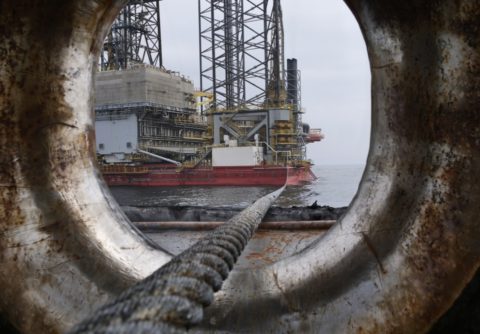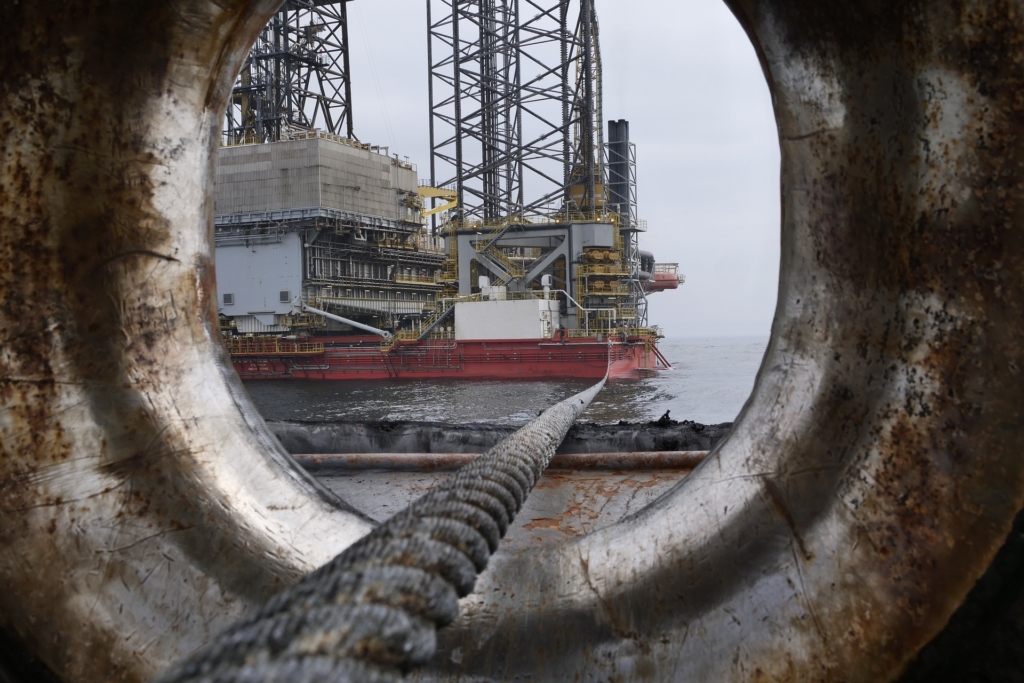It’s not getting better for petrochemicals in May
Nigel Davies, Insights Editor at ICIS, wrote and interesting insight article about the global situation of petrochemicals in May. The matter is quite clear, the impact of the coronavirus pandemic on the sector forecasts and outlook. We had already published some posts coming from the ICIS contributions last month. You can find these posts here: […]

Nigel Davies, Insights Editor at ICIS, wrote and interesting insight article about the global situation of petrochemicals in May. The matter is quite clear, the impact of the coronavirus pandemic on the sector forecasts and outlook. We had already published some posts coming from the ICIS contributions last month. You can find these posts here: part 1, part 2 and part 3.

The impact of the coronavirus lockdowns on the oil, gas and chemicals industries’ integrated value chains is radically shifting relationships and profitability. It is also making planning virtually impossible, as BASF suggested last week.
The environment around refining and chemical margins remains challenging, Shell CEO Ben van Beurden also said this week.
«The key to the profitability of our chemicals plants and refineries is their integrated value chain from their feedstocks to the multiple products they produce», he said. «The demand volatility of a particular product can have a broader impact on the operational capability of the integrated value chain. For example, a reduction in the demand for jet fuel at a refinery can impact the viability of the entire refinery. Looking ahead, we expect significant price and margin volatility in the short to medium term».
Petrochemicals in May affected by recessionary trends
Companies are also confronted by recessionary trends in the markets and in the countries in which they operate.
«This volatility presents a unique challenge for oil and gas producers, with the need to balance the requirement for cash today, with appropriate investment across the portfolio to generate cash tomorrow», van Beurden said.
Shell’s steep cut in its dividend made headline news on Thursday. Oil, gas and chemicals companies are seeking to preserve cash in extraordinarily difficult times while maintaining a level of business that serves them and their customers best. Upholding operations in these multiple value chains is key. Butwe are seeing refinery run downs and closures alongside the squeeze on chemical plant operating rates. Operators of Europe’s crackers and the plants downstream from them are working on shifting sands.
(To be continued…)











